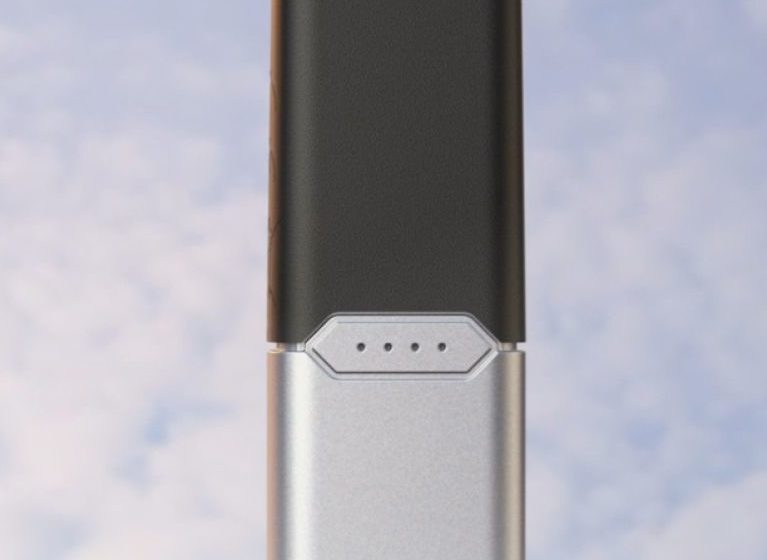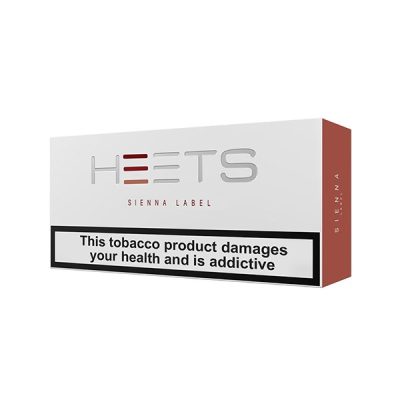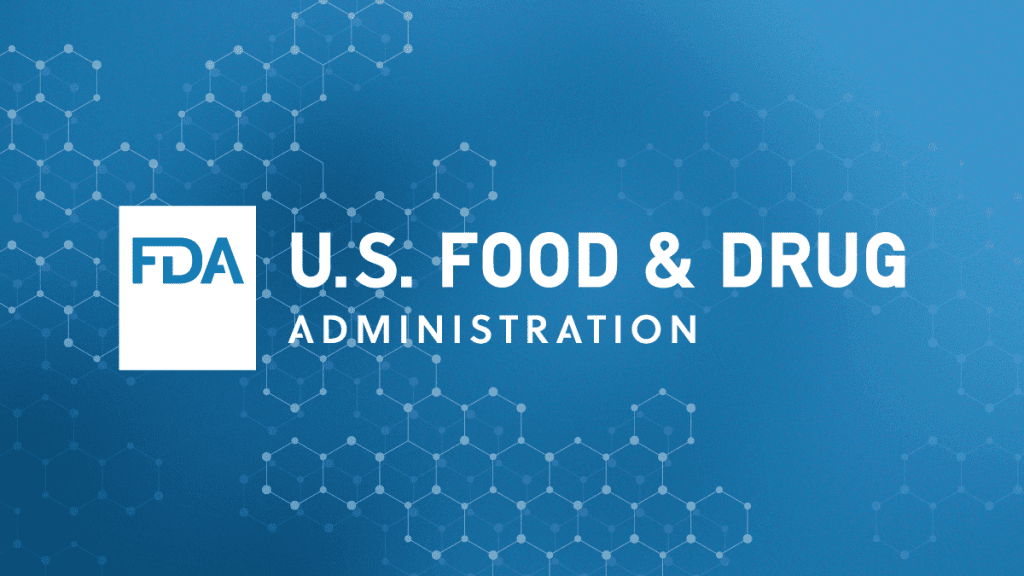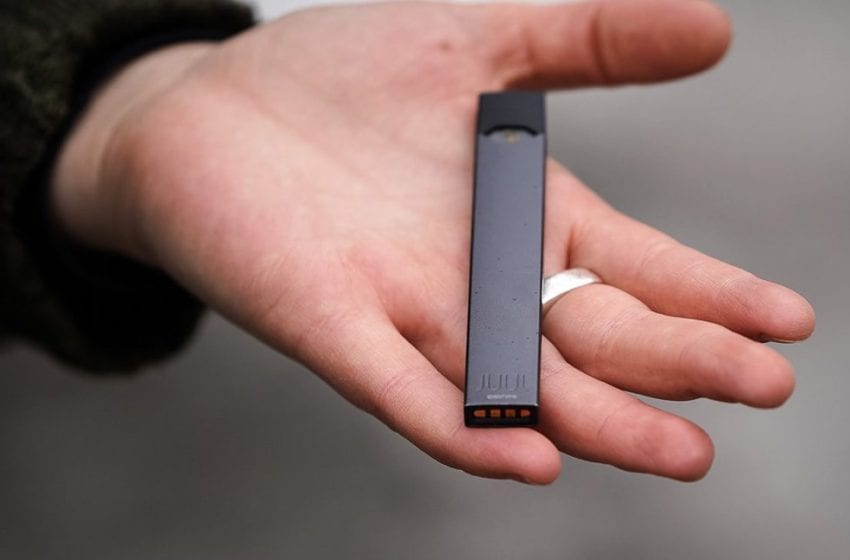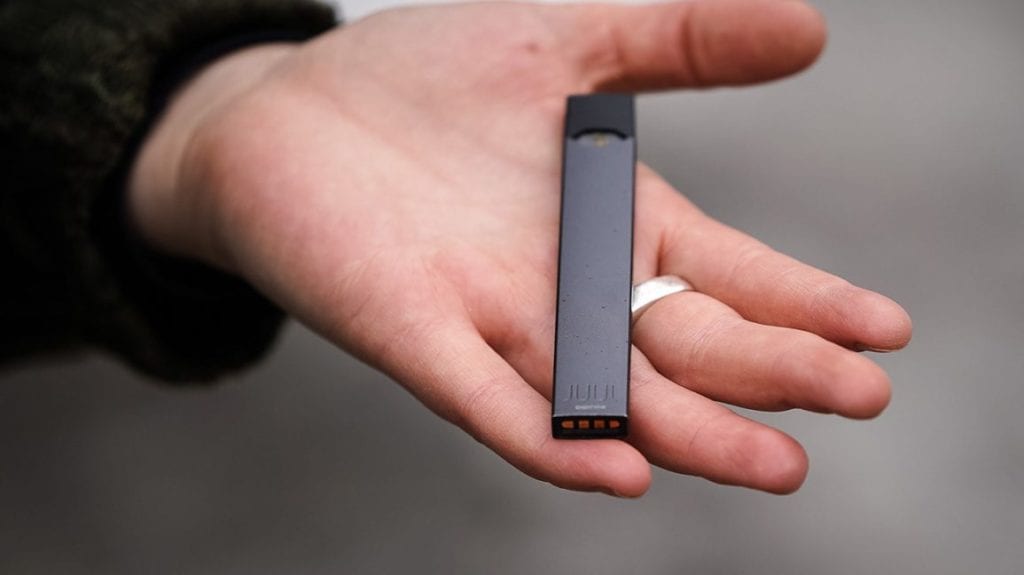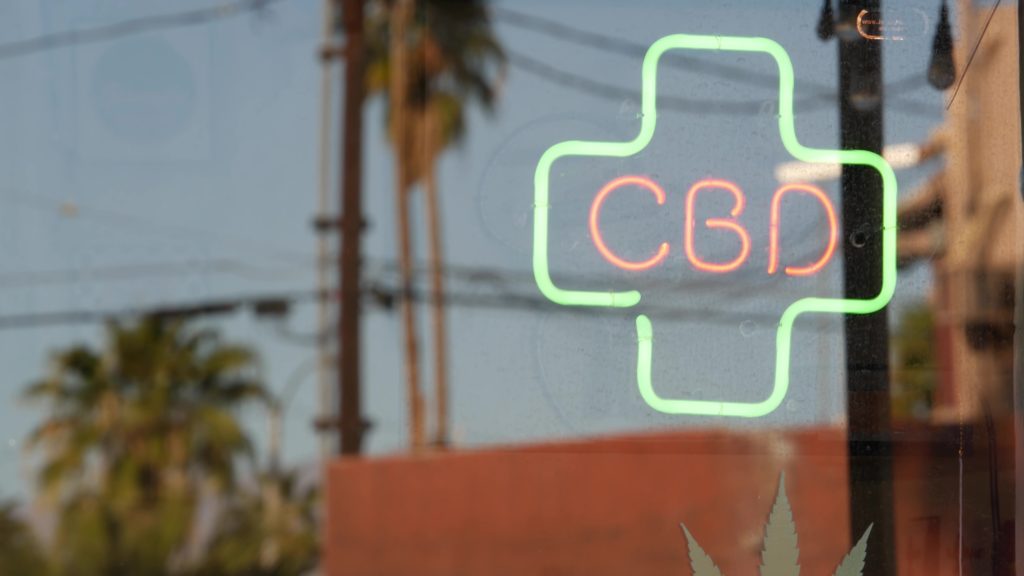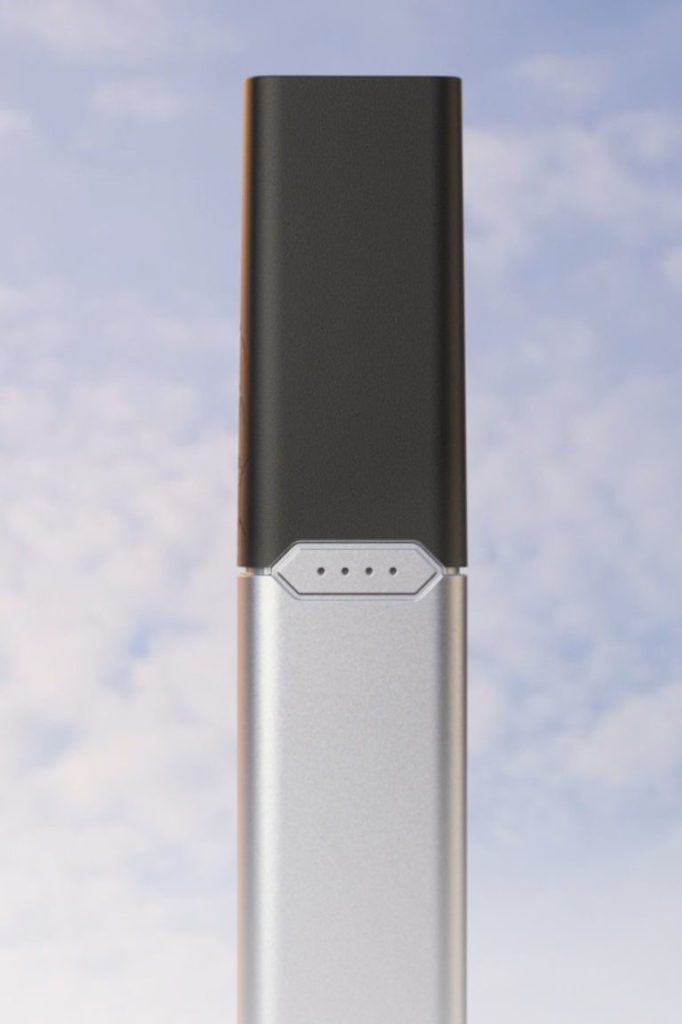
Taking Retail’s Product of the Year 2023 for the Vaping and Heated Tobacco Products category has been awarded to Juul Labs’ new Juul2 system following an independent nationwide survey of 8,000 adult consumers.
Juul2 was launched in April 2022 following a successful pilot launch on the brand’s website, according to Talking Retail. The rechargeable pod-based system was updated from previous versions with new technologies and features, which the brand said includes the capability to combat potentially harmful and compatible pods.
“We are extremely proud that our commitment to product quality and innovation has been recognized by the voters who awarded Juul2 this accolade,” said Efe Abebe-Heywood, senior director of communications and brand at Juul Labs UK. “Our new Juul2 system has marked a step change in vapor technology, providing adult smokers with a product that more closely resembles the consistency and experience of combustible cigarettes to support them on their switching journey.
“Smoking remains the leading cause of preventable death and disease in the UK, and we remain committed to our mission at Juul Labs to transition even more adult smokers from cigarettes, while combating underage use.”
The award also coincides with the launch of a new Juul2 Blackcurrant Tobacco variant – a classic tobacco flavor with ripe blackcurrant notes, which further extends the Juul2 portfolio in the UK.
The new Blackcurrant Tobacco Juul pods launched on the brand’s website in January and will be rolled out across all major retailers nationally from early February.
In the U.S., Juul2 is under review by the U.S. Food and Drug Administration.

